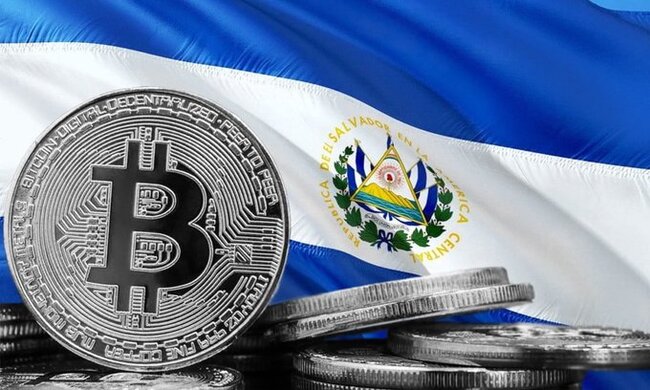Highlights:
- El Salvador transferred all 6,274 BTC into fourteen freshly created, secure wallet addresses.
- The new system shows total balances without reusing addresses, enhancing transparency and security measures.
- Specialists note that Bitcoin stays highly safe, while phishing risks outweigh quantum computing threats.
El Salvador has moved its entire 6,274 Bitcoin (BTC) reserve, worth about $678 million, into 14 newly generated wallet addresses. Each wallet is capped at a maximum of 500 BTC. This move is part of a plan to enhance security and address potential threats from quantum computing, the country’s National Bitcoin Office (ONBTC) reported. According to ONBTC, quantum computers have the theoretical capability to compromise public-private key cryptography through Shor’s algorithm. This vulnerability could impact not only Bitcoin but also traditional banking systems, emails, and other digital communications.
ONBTC stated:
“When a Bitcoin transaction is signed and broadcast, the public key becomes visible on the blockchain, potentially exposing the address to quantum attacks that could discover private keys and redirect funds before the transaction [is confirmed].”
Before, El Salvador used the same Bitcoin address over and over. This made the public keys visible all the time. Now, ONBTC has a new system. It shows the total Bitcoin balance on a dashboard, so they don’t have to reuse addresses, but can still be transparent.
El Salvador's Bitcoin Office just migrated their Strategic Reserve holdings into 14 new addresses with up to 500 BTC per UTXO.
This marks the transition to a new wallet management strategy aiming to avoid address reuse. https://t.co/ZX6PvfYGiL pic.twitter.com/rop3kmaLnY
— mononaut (@mononautical) August 29, 2025
Project Eleven, a quantum research company, said in April that more than 10 million Bitcoin addresses have exposed their public keys. They added that over 6 million Bitcoins could be threatened if quantum computers gain the power to crack Bitcoin’s elliptic curve cryptography keys.
10 million+ addresses have exposed public keys.
Quantum computing is steadily progressing.
Nobody has rigorously benchmarked this threat yet.
— Project Eleven (@qdayclock) April 16, 2025
El Salvador’s Bitcoin Actions Face IMF Scrutiny
El Salvador’s latest Bitcoin moves happen while the country is under scrutiny from the International Monetary Fund (IMF). A July report suggested the nation had not added to its Bitcoin holdings since February, which contrasts with regular updates shared by the country’s Bitcoin Office. Last year, El Salvador secured $1.4 billion in funding from the IMF, agreeing to scale back its Bitcoin program. However, the exact details of this arrangement are still disputed.
Saylor Downplays Quantum Bitcoin Threat
In June, Michael Saylor, executive chairman of Strategy, said that fears about quantum computers harming Bitcoin are mostly exaggerated. He noted that if it ever became a real problem, Bitcoin’s main developers and hardware makers would find ways to fix it. He explained that the solution would likely involve upgrading both the Bitcoin software and hardware, similar to how companies like Microsoft, Google, or even the US government update their systems.
Saylor suggested that losing Bitcoin to phishing is far more likely than any threat from quantum computers. He also mentioned that Bitcoin is extremely secure, while other systems like banks, Google, and Microsoft accounts are much easier targets for hackers.
For anyone concerned about quantum computing hacking Bitcoin, please listen to @saylor calmly and rationally explain why you should sleep soundly at night. pic.twitter.com/X0XzZZl0Cd
— Natalie Brunell ⚡️ (@natbrunell) June 6, 2025
Industry experts applauded El Salvador’s latest Bitcoin security measures, though Project Eleven emphasized that quantum computers remain far from threatening Bitcoin. Each Bitcoin private key uses 256 bits, and to date, no quantum computer has managed to break even a minimal 3-bit key.
Best Crypto Exchange
- Over 90 top cryptos to trade
- Regulated by top-tier entities
- User-friendly trading app
- 30+ million users
eToro is a multi-asset investment platform. The value of your investments may go up or down. Your capital is at risk. Don’t invest unless you’re prepared to lose all the money you invest. This is a high-risk investment, and you should not expect to be protected if something goes wrong.






